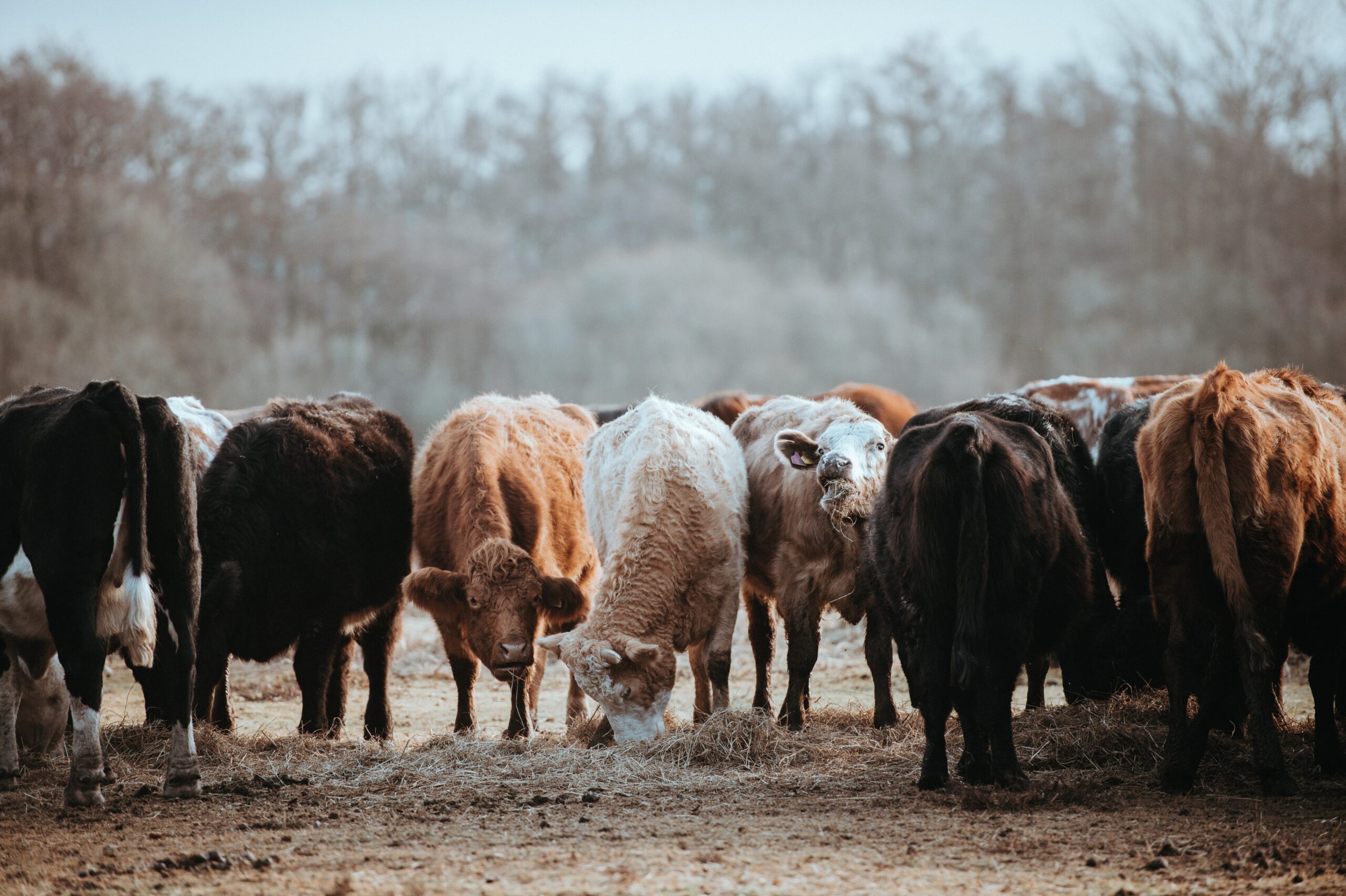


#Cattle #Methane #reducing emissions #Seaweed
Alidia Vane
Feeding cows seaweed has emerged as a groundbreaking solution to tackle the environmental impact of methane emissions by the livestock industry. Methane, a greenhouse gas, is a major contributor to climate change. During their digestive process, cows produce methane, which is released when they burp. In one year, a single cow produces 220 pounds of methane, making the livestock industry a major contributor to global greenhouse gas production (Inside Climate News).
In a 2023 study, researchers made a potentially game-changing discovery. They found that the Asparagopsis armata seaweed contains compounds that can reduce these methane emissions by 80-98% when included in livestock diets. For farmers, the process is simple: the seaweed is either freeze-dried or soaked in canola oil, and the additive is then sprinkled over cattle feed. Once the cows ingest the feed, a compound called bromoform in the seaweed inhibits the production of methane in the livestock (ABC News).
This discovery has been received positively in the cattle industry, and some farmers are already testing the additive on their herds. However, there remain challenges to implementing this technology on a large scale. For example, seaweed cultivation can also lead to significant environmental impacts due to its high energy and water usage. Research is ongoing to optimize these processes for large-scale production.
While challenges remain, this methane-reducing feed additive is an immensely promising technique with the potential to revolutionize livestock agriculture for future generations. Innovative solutions such as this will be essential in our ongoing collective efforts to create a more environmentally resilient future.
True or False: Methane-reducing cattle feed technology has no impact on the nutritional value of the feed provided to cattle.